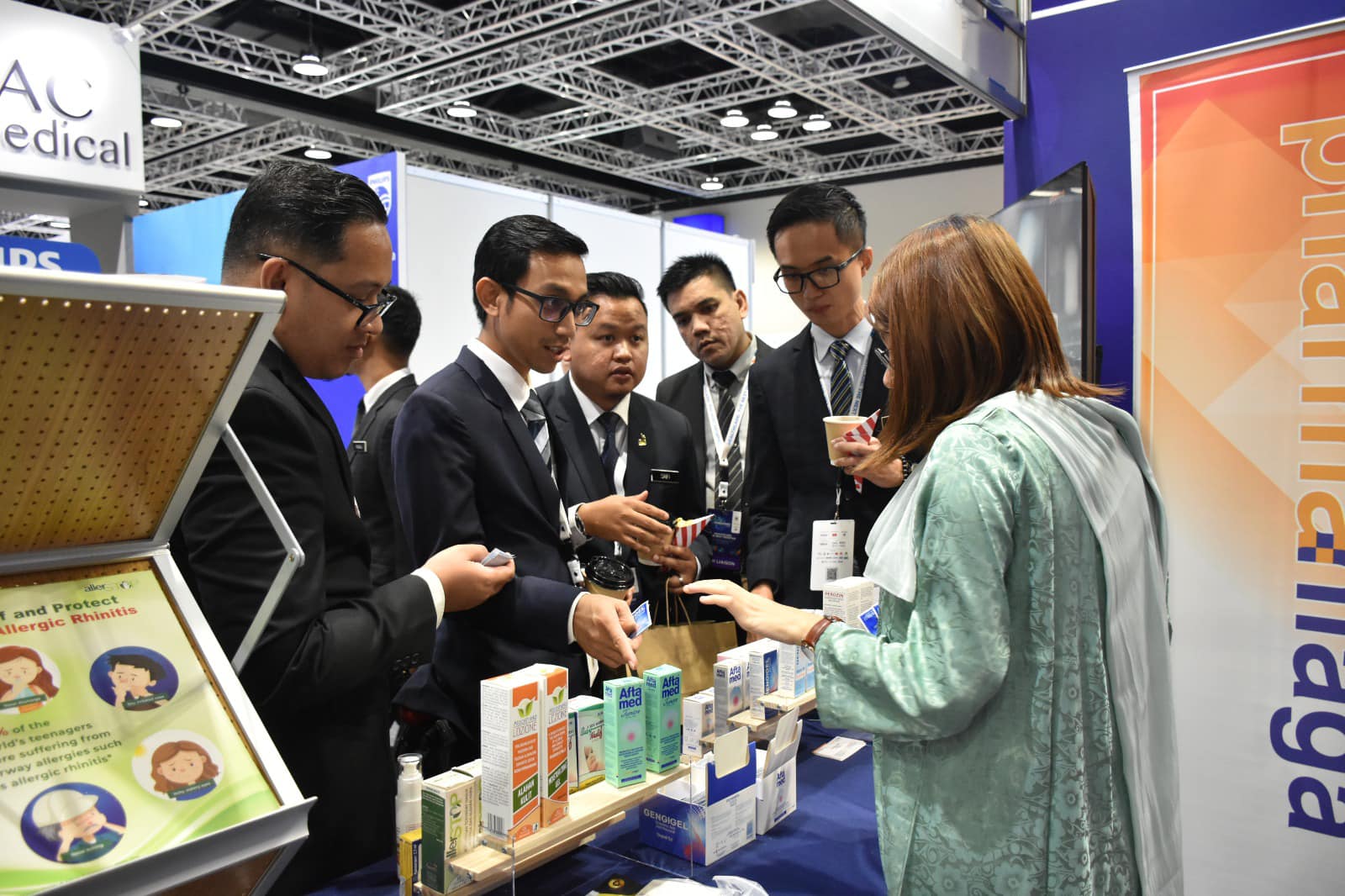KUALA LUMPUR, Jan 24 — The Ministry of Health (MOH) has suggested three-year contracts to incentivise local pharmaceutical companies to produce certain off-patent drugs that currently only have single product registration holders (PRH).
MOH deputy secretary-general (finance) Norazman Ayob said the MOH’s new proposed Off-Take Policy 2.0 aims to help guarantee the country’s medicine security, reduce drug prices, and also boost the domestic pharmaceutical industry.
The off-take policy is an agreement between a local producer or manufacturer and the purchaser (government) for a market commitment from the government.
At a town hall last January 13, Norazman pointed out that octreotide (brand name: Sandostatin LAR) – a peptide drug used to treat certain growth disorders and diarrhoea related to some cancers – was priced at more than RM5,000 for Malaysia’s MOH, 245 per cent higher than RM1,448 for Thailand and 104 per cent higher than RM2,445 for Indonesia.
“But we can’t do anything because they’re the only supplier in the whole country. The patent for this product has expired, but we have no choice because even though there are producers outside the country, not a single one wanted to register in Malaysia,” he told the town hall at MOH’s headquarters in Putrajaya on the MOH’s Public Service Reform Agenda.
Norazman told CodeBlue that the pharmaceutical company offered the Malaysian government a much lower price for Sandostatin after an initial offer of a mere 0.5 per cent reduction.
A presentation slide shown at the town hall stated that the three-year government contract for local pharmaceutical companies to make substantial investments in certain types or categories of off-patent drugs with single PRH can be extended by another two years.
This two-year extension is subject to the company’s performance and exports of the product within the manufacturer’s three-year contract from the government. If there are no overseas sales, the policy ends automatically.
“This is to encourage our companies to venture abroad as well to expand their market share,” Norazman explained to CodeBlue.
He added that the proposed Off-Take Policy 2.0 is pending approval from the Ministry of Finance (MOF).
At the town hall, Norazman highlighted the government’s policy of growing local industries, saying: “MOH is not only about the health service and regulatory matters; it’s no less important for us to support the growth of local industry. This is very important for medicine security.”
He noted that the MOH faced medicine shortages in 2020 amid global lockdowns during the Covid-19 pandemic. About 70 per cent to 80 per cent of raw supplies to produce generic medicines in Malaysia comes from overseas.
“At that time, India imposed an export ban on 27 active pharmaceutical ingredients (APIs). This caused a huge problem to Malaysia,” Norazman said.
“MOH’s drug inventory was depleting, besides a lack of medical devices like ventilators. We had companies in Penang producing components for ventilators, but we didn’t have a company to supply ventilators as a whole to the Malaysian domestic market.
“So we were forced to get ventilators from China, but there was a problem when the ventilators we received were defective. This was a lesson learned.”
Parliament’s Public Accounts Committee (PAC) concluded in October 2023 – in an inquiry into the country’s Covid-19 response – that no one could be held accountable for the supply of 104 defective ventilators in 2020.
This was due to the absence of a contract between the MOH, Pharmaniaga Logistics Sdn Bhd, and ventilator suppliers in China. Malaysia’s ventilator procurement, according to the PAC, was done primarily through WhatsApp at the time.
Norazman told the town hall that Prime Minister Anwar Ibrahim has instructed the MOH to go on “sourcing missions” to a few countries – namely India, China, Brazil, and Turkey – to obtain supply of generic medicines for registration in Malaysia.
“This is to reduce single-PRHs to get value for money.”
He also touted the ministry’s double-supplier policy to mandate at least two suppliers in the procurement of pharmaceuticals and medical devices to improve medicine security and better pricing.
The requirement for double suppliers applies to single-PRH products involving off-patent drugs with only one supplier (manufacturer or trader) in the country.
According to slides shown at the town hall, the National Pharmaceutical Regulatory Agency (NPRA) has shortened the approval process for various license and approval applications, including the fast-tracking of evaluations of generic or hybrid drugs and new chemical entities or biologic products.
For the evaluation of generic or hybrid drugs, the evaluation process can be cut from 210 working days under the standard pathway to 30, 90, or 100 working days under the fast track.
For the evaluation of new chemical entities or biologic products, the evaluation process can be shortened from 245 days under the standard pathway to 30, 70, 90, or 120 working days under the fast track.
The Medical Device Authority (MDA) similarly has shortened its evaluation process at the MDA level for Class A medical devices from 30 to 14 days, and for Class B, C, and D medical devices from 60 to 20 days. For the latter categories of medical devices, the process for evaluation of compliance at the CAB level was shortened from up to 36 months to one to 18 months.

